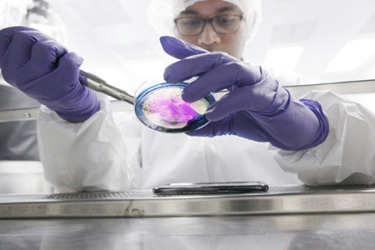5 Years Of Chimeric Antigen Receptor T Cell (CAR-T) Therapies: Fighting Cancer With A Patient's Own Gene-Modified White Blood Cells

Cell therapies hold the potential to revolutionize the patient care landscape by offering personalized, precise treatment for diseases with previously unmet medical needs. Chimeric antigen receptor T cell (CAR-T) therapy works to fight cancer with a patient’s own gene-modified white blood cells Since the CAR-T therapy was approved in 2017, a total of six treatments have received FDA approval with an additional 250+ treatments advancing through clinical development.
However, the treatment process presents a number of logistic hurdles for manufacturers. Once T cells are collected from a patient’s blood, these materials must be transported to the therapy manufacturer and back to the treatment facility using time- and temperature-sensitive shipping to ensure safety and therapeutic efficacy. The advanced logistical considerations and personalized treatment manufacturing can often make these therapies inaccessible to patients.
Learn how leveraging the expertise of an experienced partner can help ease challenges relating to regulatory approval and patient access to these life-saving therapeutics.
Get unlimited access to:
Enter your credentials below to log in. Not yet a member of Cell & Gene? Subscribe today.
